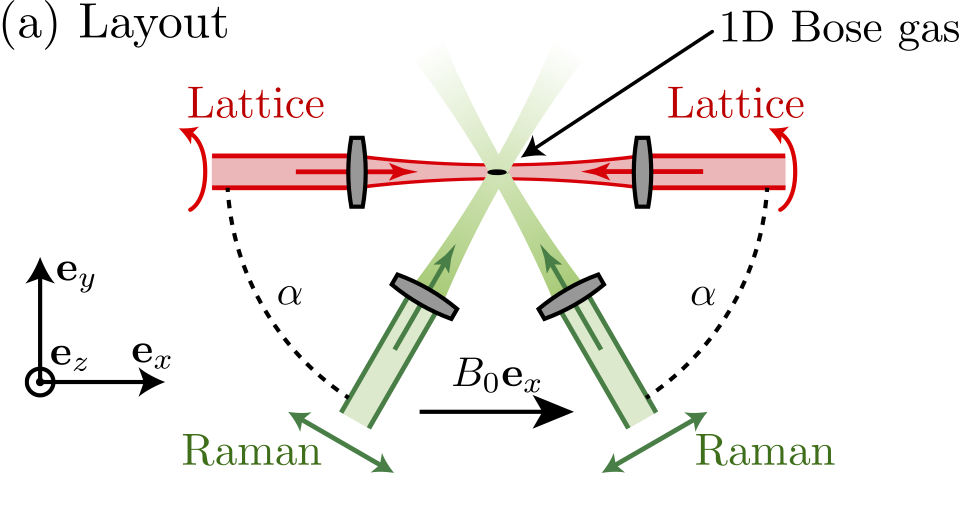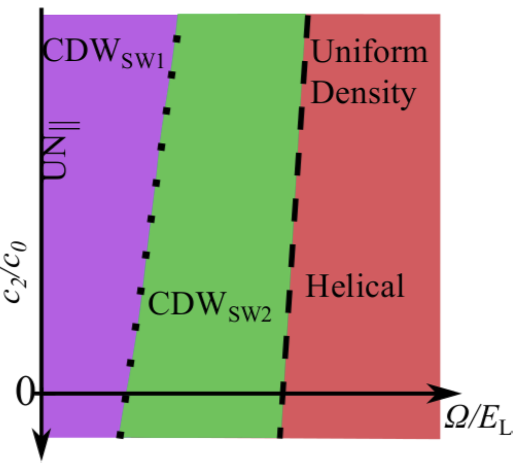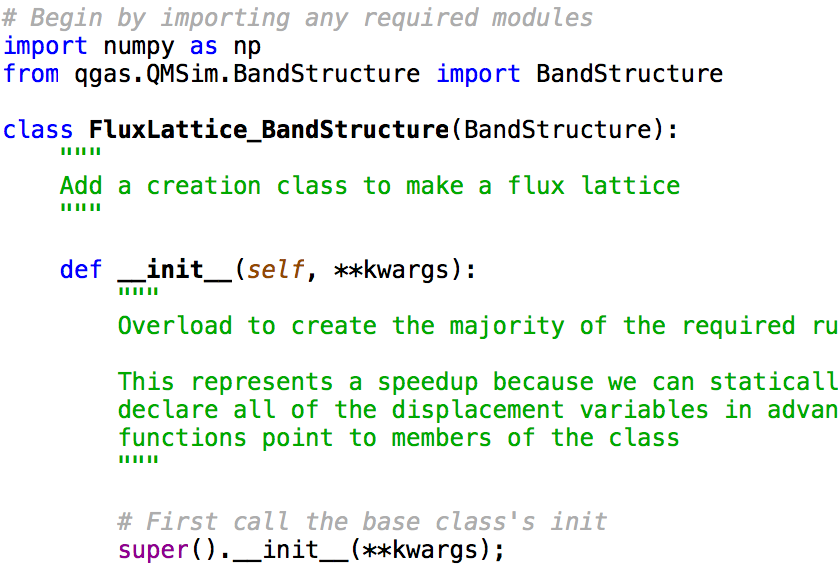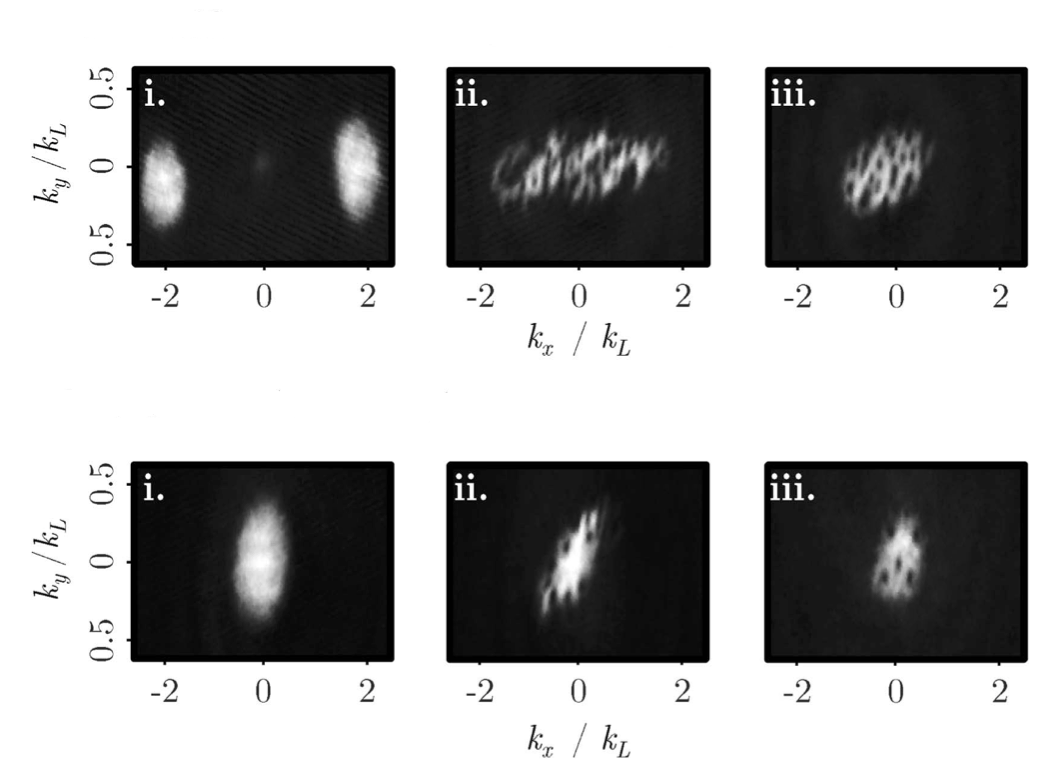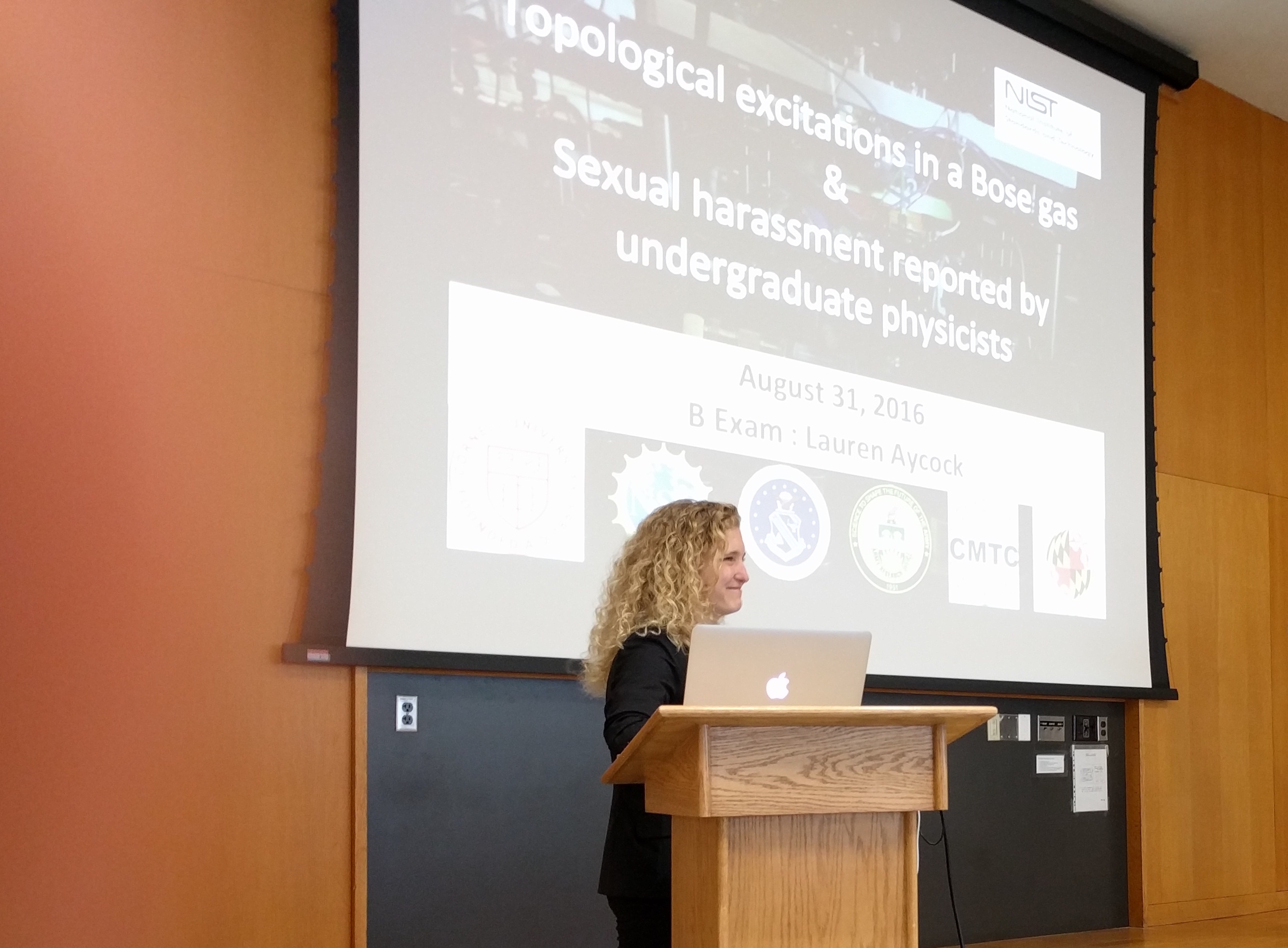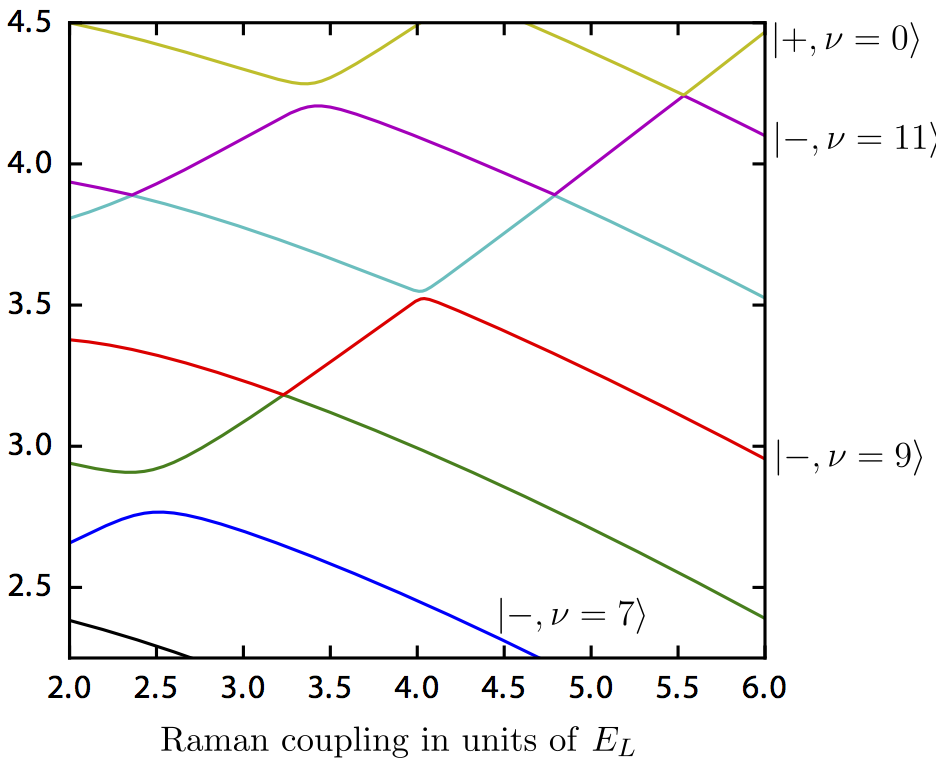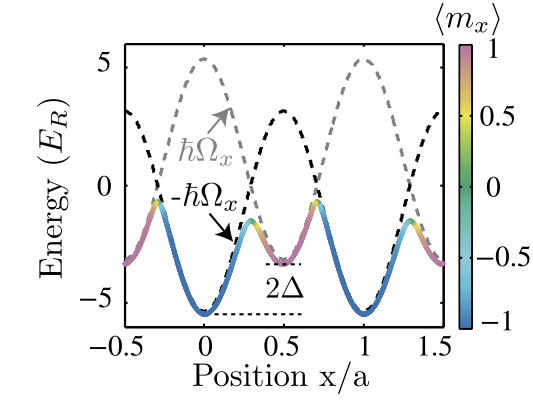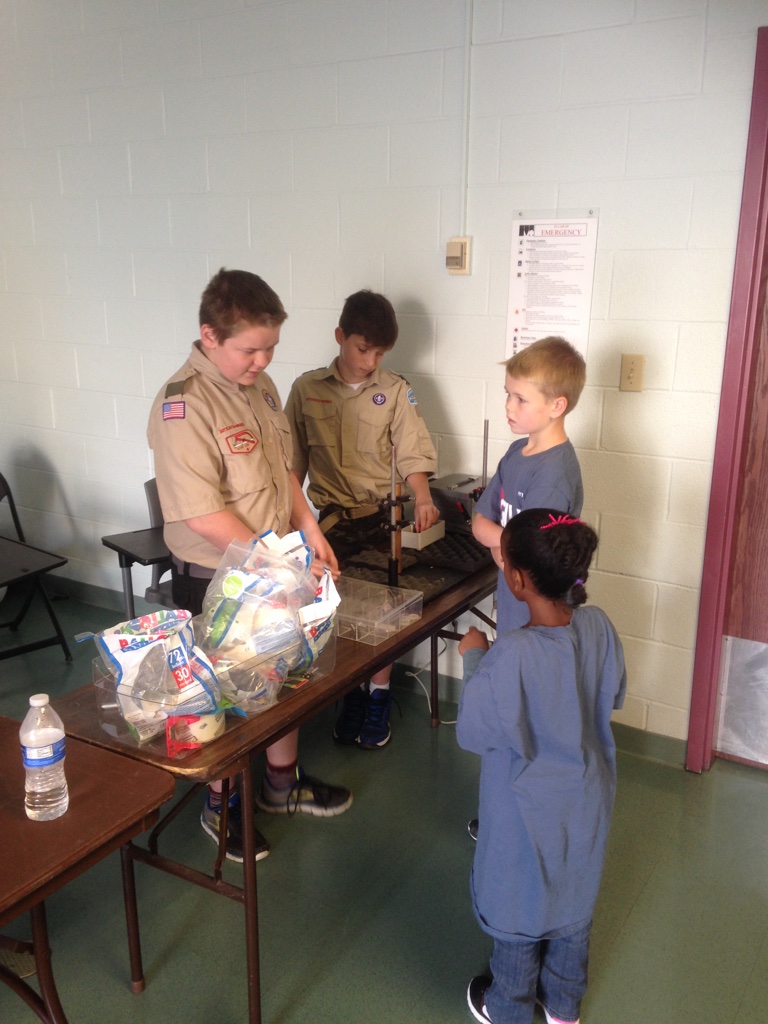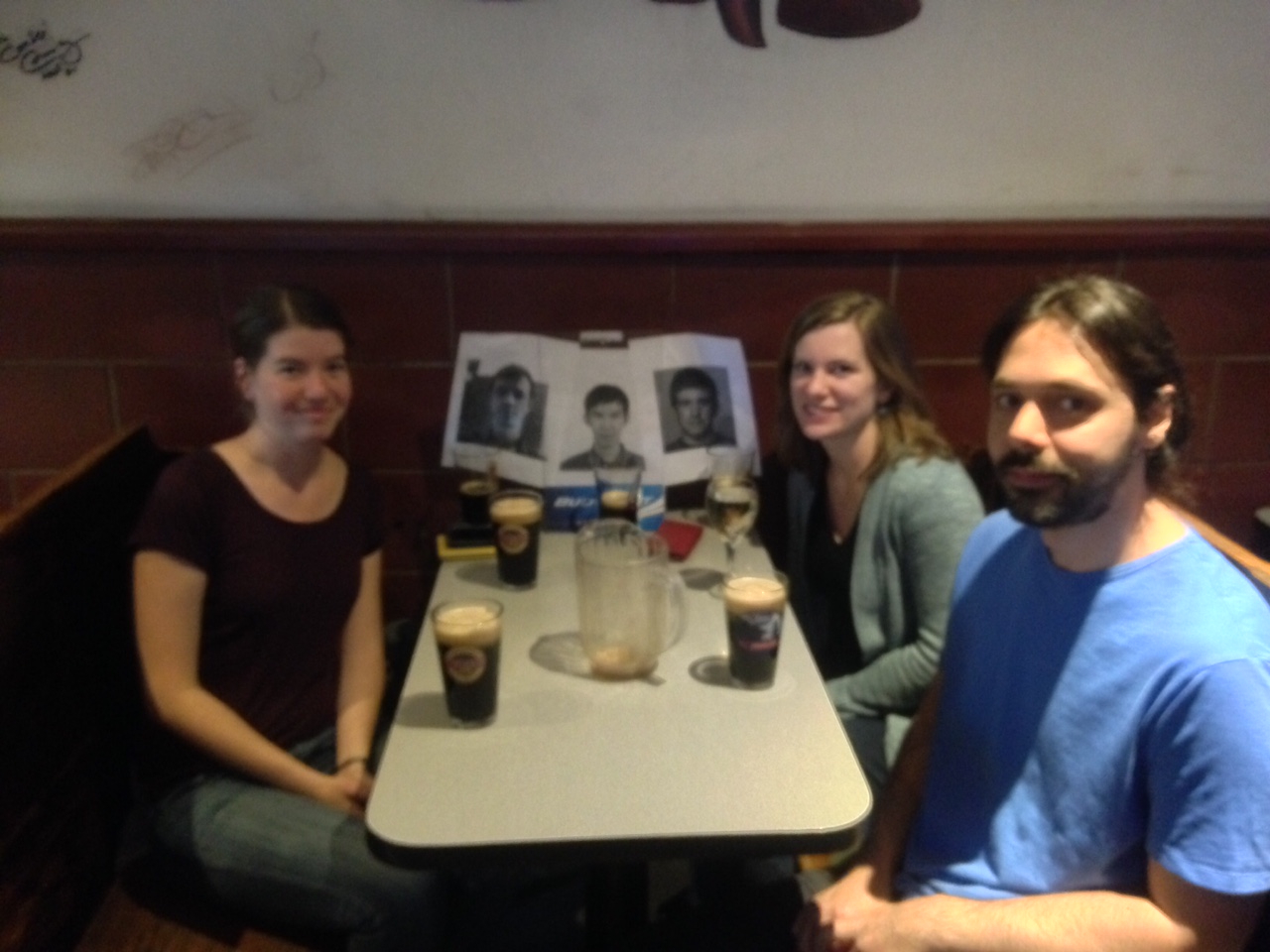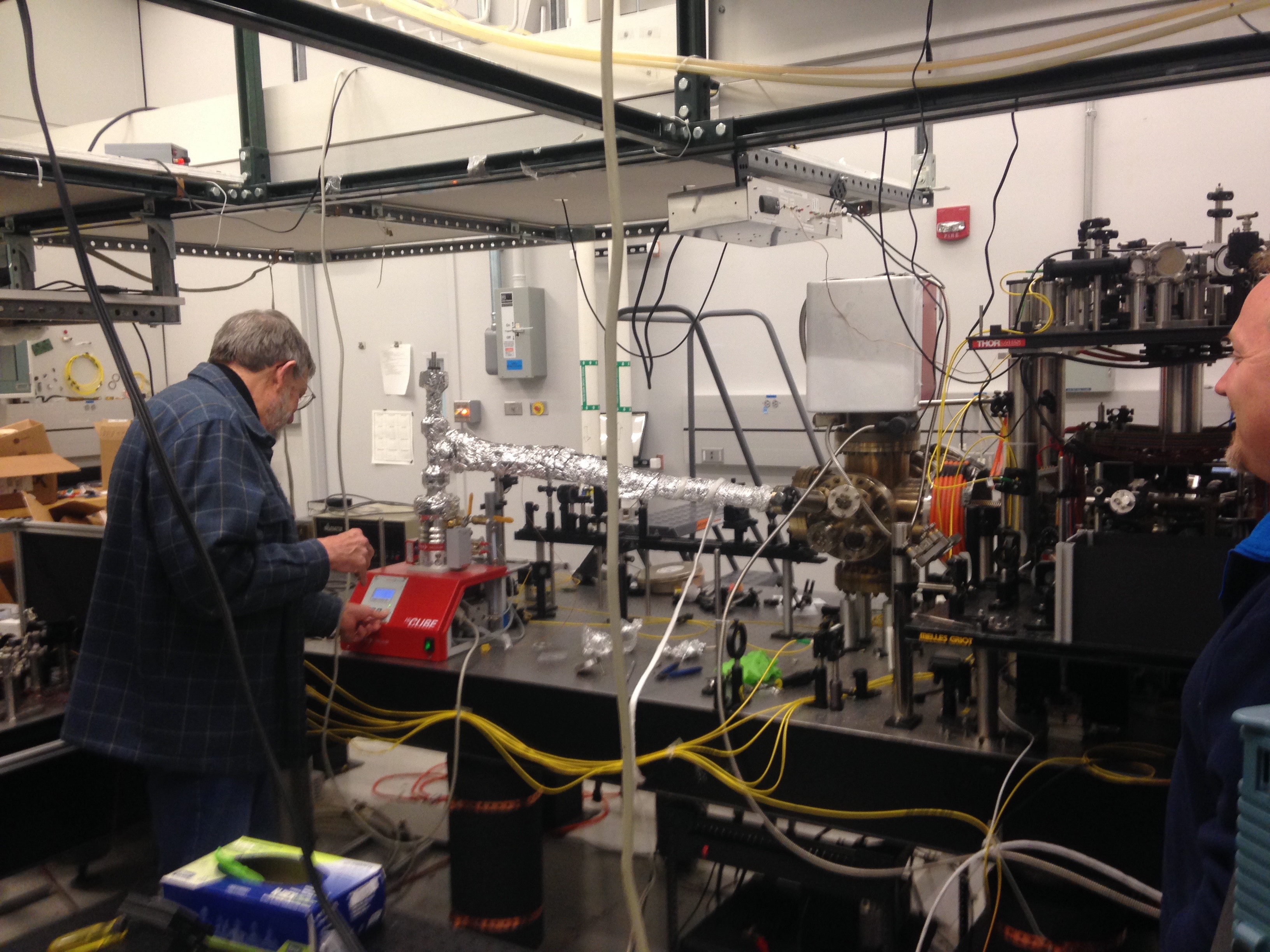Semisynthetic zigzag optical lattice for ultracold bosons
We propose a cold-atom realization of a zigzag ladder. The two legs of the ladder correspond to a “synthetic” dimension given by two internal (spin) states of the atoms, so that tunneling between them can be realized as a laser-assisted …
Semisynthetic zigzag optical lattice for ultracold bosons Read more »

